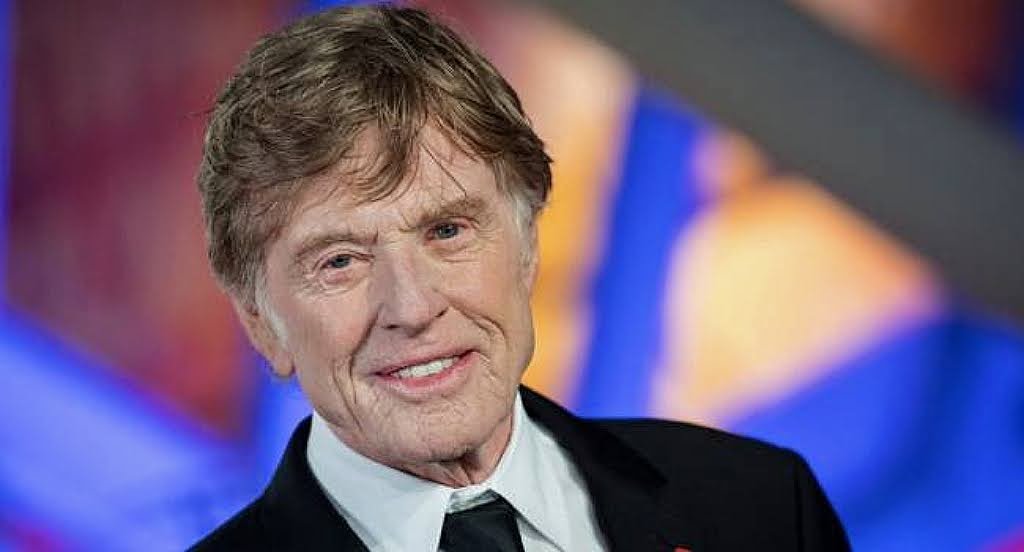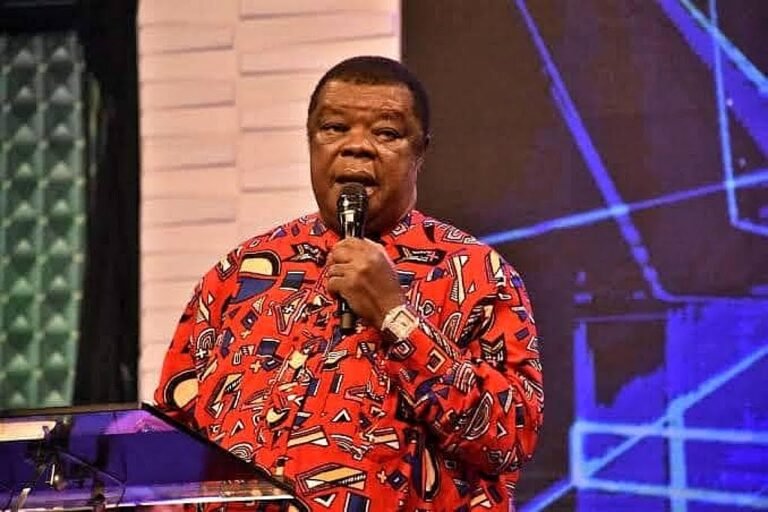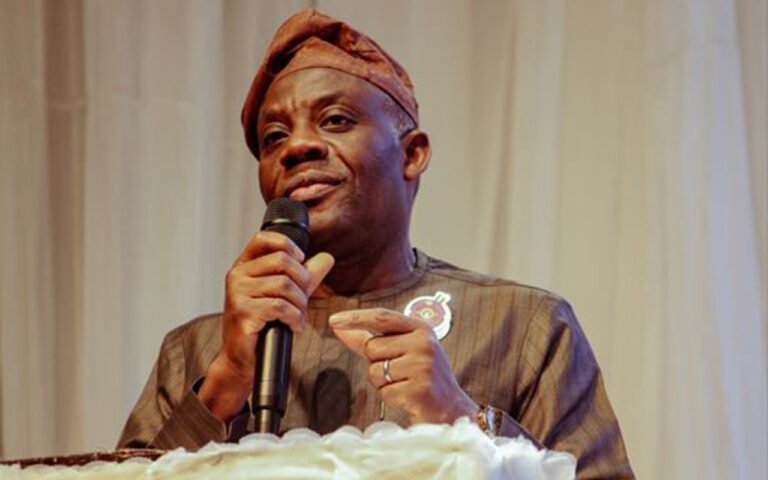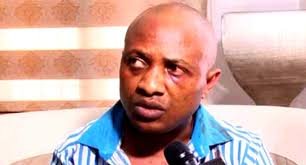Robert Redford, the iconic American actor, director, and environmental advocate whose chiseled features and thoughtful performances defined generations of cinema, died peacefully in his sleep early Tuesday morning at his home in the mountains outside Provo, Utah. He was 89 years old.
A statement from Cindi Berger, chief executive of the publicity firm Rogers & Cowan PMK, confirmed the news, noting that Redford passed away “in the place he loved, surrounded by those he loved.” No specific cause of death was disclosed.
Born Charles Robert Redford Jr. on August 18, 1936, in Santa Monica, California, to an accountant father, Redford’s tousled hair, freckles, and boyish charm quickly made him a heartthrob in Hollywood.
His career, spanning over six decades, bridged the gap between mainstream stardom and artistic integrity, often infusing serious themes like political intrigue, personal loss, and environmental preservation into blockbuster entertainment.
Redford’s breakthrough came in 1969 with the role of the Sundance Kid in the Western classic *Butch Cassidy and the Sundance Kid*, opposite Paul Newman as Butch Cassidy.
The film, a hippy-era take on outlaws in a vanishing American West, showcased Redford’s effortless charisma and launched him into superstardom.
He reunited with Newman for the 1973 con-artist comedy *The Sting*, earning his sole Academy Award nomination as an actor for his portrayal of Johnny Hooker.
Throughout the 1970s and beyond, Redford became Hollywood’s go-to leading man for intelligent dramas and thrillers.
In *All the President’s Men* (1976), he played journalist Bob Woodward alongside Dustin Hoffman as Carl Bernstein, chronicling the Watergate scandal that toppled President Richard Nixon.
Other standout roles included the paranoid CIA analyst in *Three Days of the Condor* (1975), the idealistic politician in *The Candidate* (1972), and romantic leads opposite powerhouse actresses like Jane Fonda in Barefoot in the Park* (1967), Barbra Streisand in *The Way We Were* (1973), and Meryl Streep in *Out of Africa* (1985).
Transitioning behind the camera after two decades as an actor, Redford directed acclaimed films such as *Ordinary People* (1980), which won him the Oscar for Best Director, and *Quiz Show* (1994), a sharp examination of 1950s television scandals.
He co-founded the Sundance Film Festival in 1981, nurturing independent cinema and launching careers for filmmakers like Quentin Tarantino and the Coen brothers.
Off-screen, Redford was a fervent environmentalist, advocating for the protection of Utah’s natural landscapes and resources throughout his life.
Before his film dominance, Redford honed his craft on television in the late 1950s and early 1960s, making memorable guest appearances on several classic shows.
His first credited role was in a 1960 episode of Maverick, and he went on to appear in acclaimed anthology series like Playhouse 90, Alfred Hitchcock Presents, Perry Mason, *Naked City*, Route 66, and *The Twilight Zone*.
These early TV gigs, totaling around 18 by 1963, showcased his versatility in dramatic and suspenseful roles, laying the groundwork for his silver-screen success.
Redford’s influence extended beyond acting and directing; he was a cultural force who challenged Hollywood’s commercial tendencies, insisting on films with substance.
His later works included voice roles in documentaries and executive producing credits, but it was his ability to blend star power with social commentary that resonated most.
Tributes have poured in from across the entertainment world, honoring a man who not only lit up screens but also illuminated paths for independent voices in film.
Redford is survived by his four children, though details remain private. His death marks the end of an era for American cinema.






















